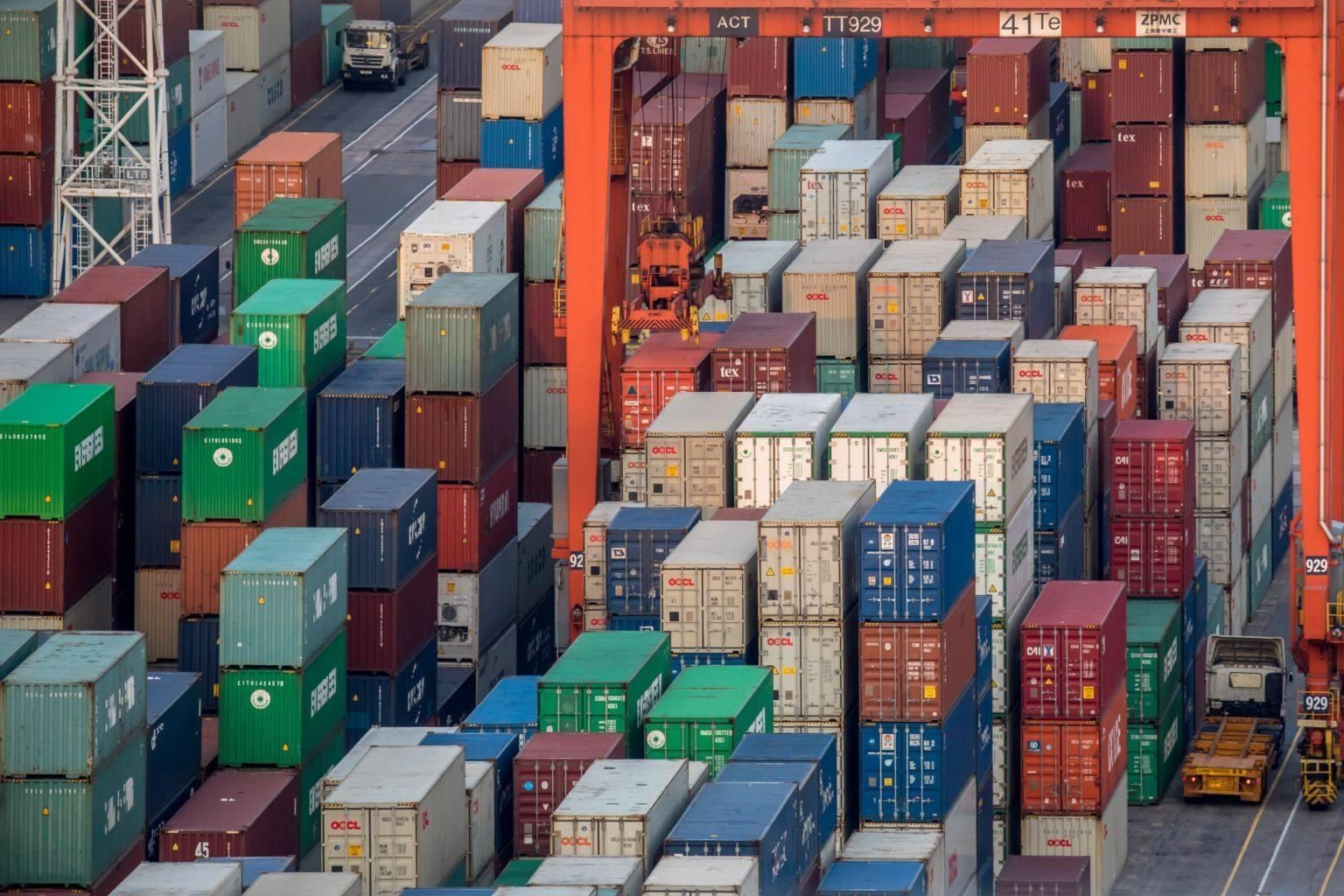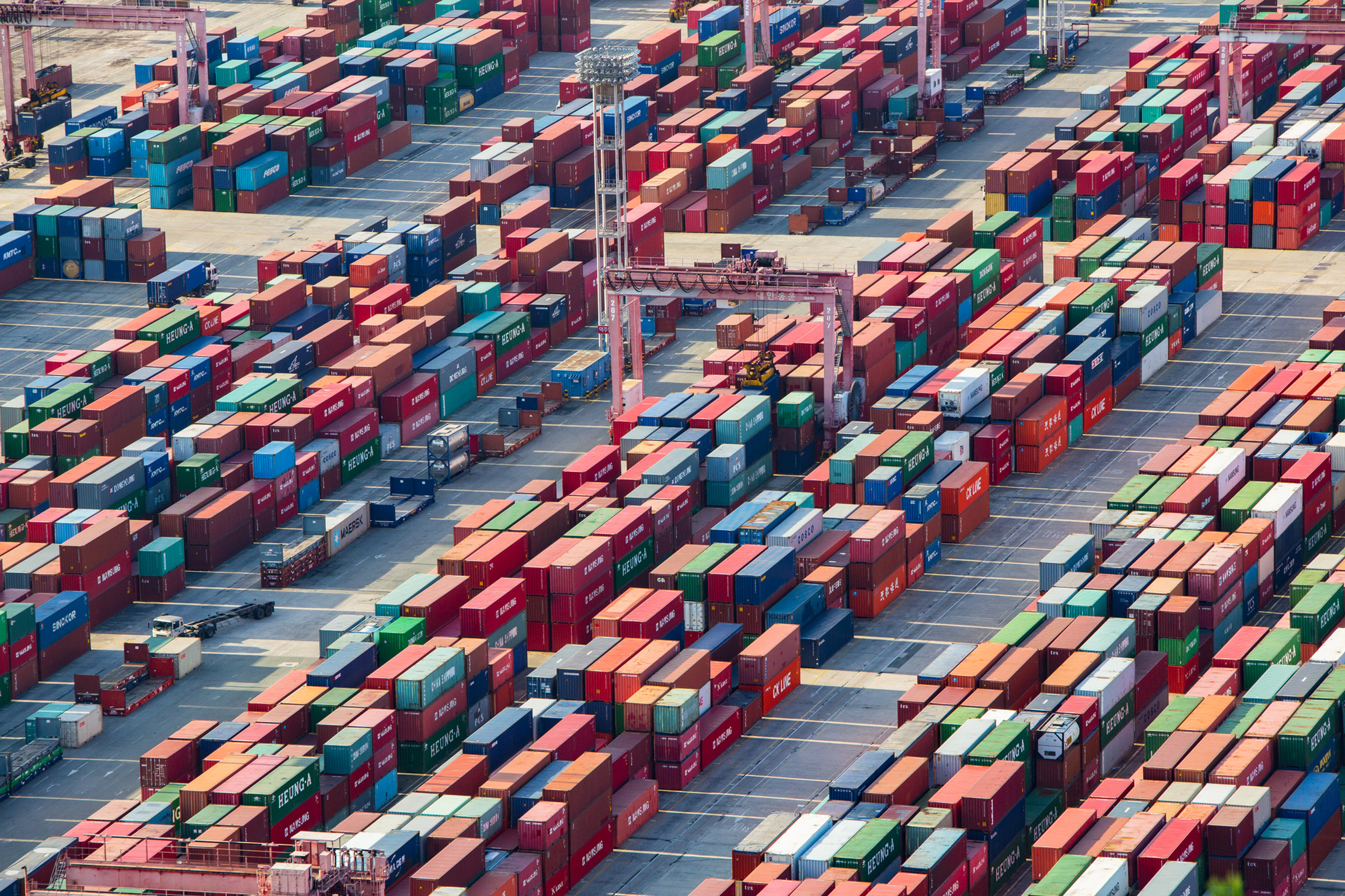Overview of Turkey’s Import Economy
Turkey relies on imports to support its industrial production, meet consumer demand, and maintain economic stability. The country’s import needs are driven by its rapidly growing industries and consumer market.
Key Statistics
According to the Turkish Statistical Institute (TurkStat), Turkey’s imports were valued at approximately $300 billion in 2023. This diverse import portfolio includes energy resources, machinery, and raw materials essential for its manufacturing sector.
Major Import Sectors
Turkey imports a variety of goods to support its industrial and consumer needs. The following sections delve into the primary import sectors and their key products.
Energy Resources
Overview
Energy resources are Turkey’s largest import category. The country lacks sufficient domestic energy production to meet its needs, making it heavily reliant on foreign sources.
Key Products
- Crude Oil: Turkey imports substantial quantities of crude oil to fuel its transportation and industrial sectors.
- Natural Gas: Used for electricity generation, heating, and industrial processes.
Fun Fact
Turkey is a key transit country for energy pipelines, linking Europe and Asia, which underscores its strategic importance in global energy supply chains.
Government Reference
For more details on Turkey’s energy imports, see the Turkish Ministry of Energy and Natural Resources
Machinery and Equipment
Overview
Machinery and equipment are critical imports for Turkey’s growing industrial base. These imports are essential for various sectors, including manufacturing, construction, and agriculture.
Key Products
- Industrial Machinery: Includes machinery for manufacturing and construction.
- Electrical Equipment: Such as generators, transformers, and industrial robots.
Fun Fact
Turkey’s demand for advanced machinery has spurred technological upgrades across its industrial sectors, enhancing productivity and efficiency.
Academic Reference
For an in-depth analysis of Turkey’s machinery imports, refer to the International Trade Centre’s report
Chemicals and Pharmaceuticals
Overview
The chemical and pharmaceutical sector is another major area of imports, crucial for Turkey’s healthcare, agriculture, and manufacturing industries.
Key Products
- Pharmaceuticals: Includes a wide range of medicinal products and vaccines.
- Industrial Chemicals: Used in manufacturing processes, agriculture, and other industrial applications.
Fun Fact
Turkey’s pharmaceutical market is one of the largest in its region, with a significant portion of products imported from Europe and North America.
Government Reference
For detailed information on chemical and pharmaceutical imports, consult the Turkish Ministry of Trade
Iron and Steel
Overview
Iron and steel are critical imports for Turkey’s robust construction and manufacturing sectors. These materials are foundational for infrastructure projects and industrial production.
Key Products
- Iron Ore: Imported for processing into steel.
- Finished Steel Products: Used in construction, automotive, and machinery manufacturing.
Fun Fact
Turkey is one of the leading producers of steel in the world, yet it imports significant quantities of raw iron ore to meet its production needs.
Academic Reference
For more on Turkey’s iron and steel imports, see reports from the World Steel Association
Conclusion
Turkey’s major imports reflect its industrial ambitions and consumer demands. From energy resources to high-tech machinery, these imports are crucial for sustaining the country’s economic growth and industrial development. As Turkey continues to expand and modernize, understanding its import dynamics offers valuable insights into its economic trajectory.
What are Turkey’s top import countries?
Turkey imports goods from a variety of countries, with major suppliers including China, Germany, Russia, and Italy. These countries provide essential goods such as machinery, energy resources, and chemicals.
How do import tariffs affect Turkey’s economy?
Import tariffs can significantly impact Turkey’s economy by affecting the cost of imported goods. Higher tariffs can lead to increased prices for consumers and industries relying on imports, while lower tariffs can boost trade by making imports more affordable.
What role does Turkey’s location play in its import activities?
Turkey’s strategic location at the crossroads of Europe and Asia makes it a vital transit and logistics hub. This geographical advantage facilitates efficient import activities, supporting its diverse and dynamic economy.
How has Turkey’s import landscape changed in recent years?
Turkey’s import landscape has evolved with increasing demand for high-tech machinery, advanced pharmaceuticals, and renewable energy resources. The country’s industrial growth and modernization drive changes in its import needs.
What are Turkey’s biggest imports?
Turkey’s biggest imports include energy resources such as crude oil and natural gas, machinery and equipment, chemicals and pharmaceuticals, and iron and steel. These imports are essential for fueling its industries and supporting its growing consumer market.
Who is Turkey’s largest import partner?
China is Turkey’s largest import partner, supplying a wide range of goods including electronics, machinery, textiles, and various consumer products. Germany, Russia, and Italy also play significant roles in Turkey’s import economy.
What are the import duties into Turkey?
Import duties in Turkey vary depending on the product and its country of origin. Turkey follows the Common Customs Tariff of the European Union, with duty rates ranging from 0% to 45% on different goods. Additionally, VAT and other taxes may apply.
What country imports the most Turkey?
Turkey exports a significant amount of its products to Germany, making it the country that imports the most from Turkey. Germany is a key market for Turkish automotive products, machinery, textiles, and agricultural goods.
What is Turkey’s biggest export?
Turkey’s biggest export is automotive products, including passenger cars and commercial vehicles. The country also excels in exporting machinery, textiles, and agricultural products.
What is the main trade of Turkey?
The main trade of Turkey includes exporting automotive products, machinery, textiles, and agricultural goods, while importing energy resources, machinery, chemicals, and iron and steel. These trade activities are crucial for Turkey’s economic stability and growth.
Does Turkey export or import more?
As of recent data, Turkey imports more than it exports. The country’s import needs, particularly for energy resources and advanced machinery, often exceed its export revenues, leading to a trade deficit.
- Weather In Thailand By Month - September 20, 2024
- Cities And Towns In Union County, Arkansas - September 17, 2024
- Cities And Towns In Washington County, Arkansas - September 17, 2024









